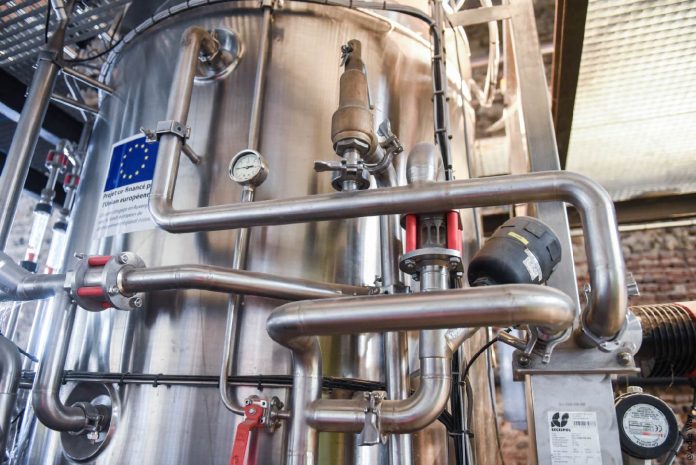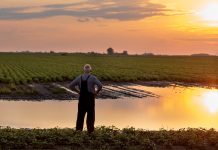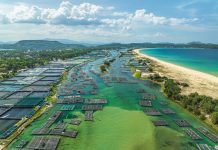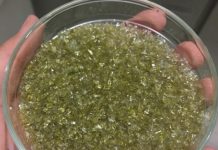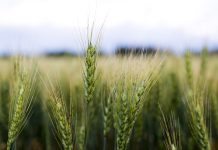AFTER-BIOCHEM project aims at creating innovative and more sustainable value chains from renewable raw materials to multiple high added-value products at industrial scale
What is AFTER-BIOCHEM?
The European project AFTER-BIOCHEM (Anaerobic FermenTation & EsteRification of BIOmass for producing fine CHEMicals) aims to create innovative and more sustainable value chains from non-food biomass feedstock to multiple high added-value products. The project will be carried out over 48 months, from May 2020 to April 2024, with an overall budget of €33 million, including €20 million funding from the Bio Based Industries Joint Undertaking (BBI-JU) under the European Union’s Horizon 2020 research and innovation programme (grant agreement No 887432). It is gathering 12 key bioeconomy players to develop the first of its kind flagship biorefinery within the « CHEMESIS » industrial platform situated in Carling-Saint-Avold, France.
AFTER-BIOCHEM is a unique opportunity to turn current agricultural processing co-products into new product streams. The project core technology is based on 10 years of R&D at AFYREN. The technology can turn biomass into high added-value and natural products by using its all-in-one cutting edge fermentation process based on natural micro-organisms (100% GMO-free process and products). The project will also implement a “zero waste” strategy based on an optimised production process; all the fermentation outputs are valorised into valuable products: seven organic acids and one mineral co-product that can be used respectively as ingredients and a fertiliser.
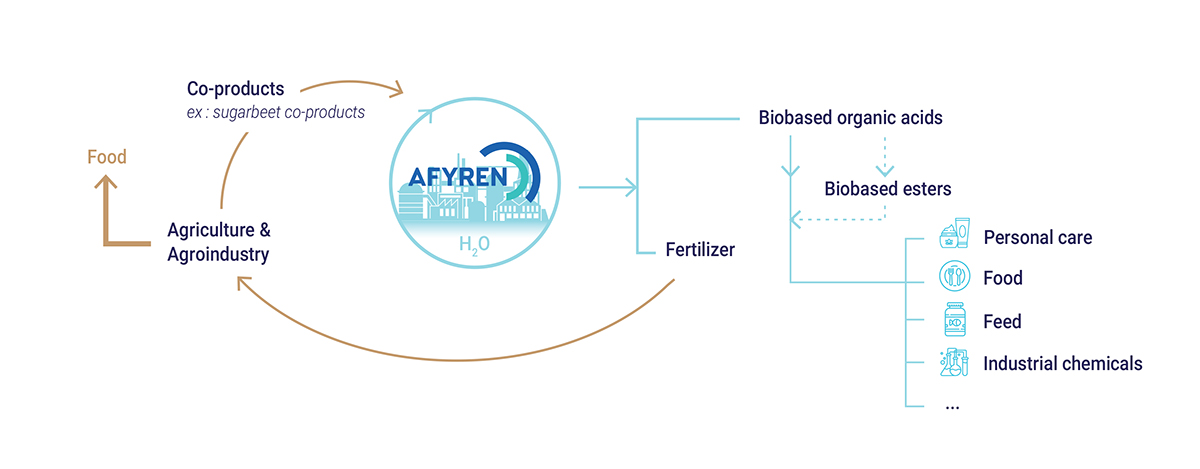
The biobased and natural compounds will have applications in various markets such as food and feed, fragrances and flavour, personal care, pharmaceuticals, and industrial chemicals.
What are the expected impacts?
AFTER-BIOCHEM will have several environmental impacts. Indeed, its integrated approach foresees a reduction in CO2 emissions of at least 60%, compared to traditional fossil-based organic acid production. Furthermore, the “zero waste” strategy will result in a production process free of industrial process waste and directly avoid the releases of substances hazardous to the environment and health. Last but not least, AFTER-BIOCHEM will reduce the dependence on non-renewable, unsustainable resources by valorising agricultural by-products.
In terms of economic impacts, AFTER-BIOCHEMs’ biorefinery will be built in the Grand-Est region, France and the installation foresees 60 direct jobs and up to 200 indirect jobs in manufacturing & construction/engineering sectors.
Moreover, the partners will ensure the replicability of the project technology by:
- Exploring the innovation potential of exploiting other feedstocks (such as households’ biowaste) for a much higher added-value application than composting. Partners will strongly contribute to the structuring of innovative & sustainable value chains in Europe.
- Studying potential replication of the biorefinery model for other plants in Europe. Partners will ensure that flagship replication will be made while respecting the environment and society by investigating the sustainability of the biorefinery across three dimensions: environmental performance, economic feasibility, as well as societal impact.
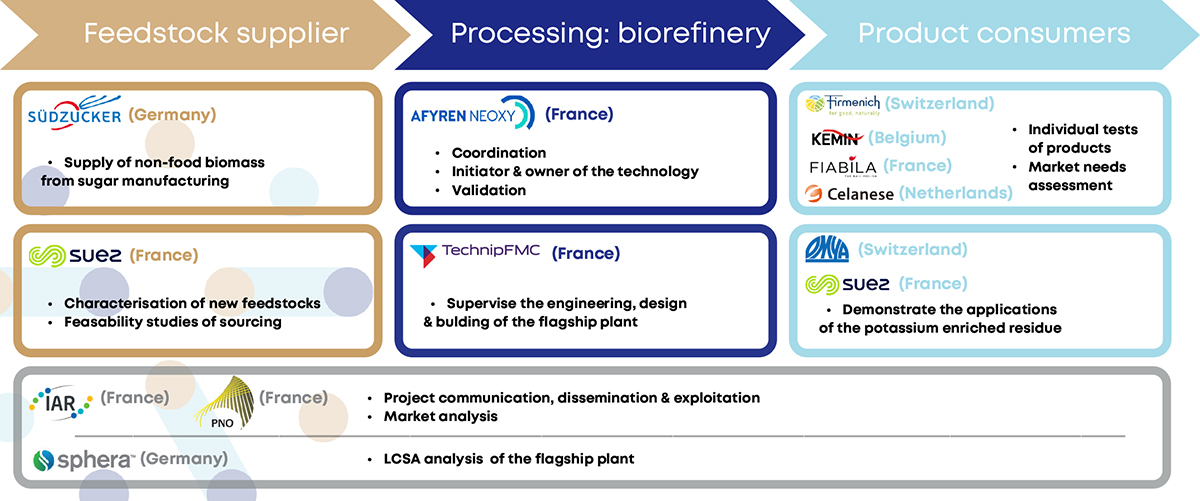
Contribution in the global context?
Five years ago, the United Nations (UN) established a framework of 17 Sustainable Development Goals (SDGs) to encourage all stakeholders to take concrete actions to meet the global challenges that our society and planet are facing. Unfortunately, the global community is far off track to meet either the 1.5 or 2°C targets called for in the Paris Agreement.
The ironic consequence of the COVID-19 pandemic crisis was a temporary improvement in air quality thanks to travel bans and the general economic slowdown. It highlighted the reality that it is necessary to accelerate the transition to achieve the Paris Agreement by redefining our relationship with the environment and making systemic shifts and transformational changes. The bioeconomy is presenting a lot of opportunities and strengths to contribute to SDGs, including the creation of new regional value chains; reduction in the dependence on non-renewable, unsustainable resources; implementation of greener, more cost-effective industrial processes; as well as strengthening European competitiveness and jobs creation.
Additionally, AFTER-BIOCHEMs’ objectives and impacts illustrate concretely how the project contributes to SDG8 “Decent work and economic growth”, SDG9 “Industry, Innovation & Infrastructure”, SDG12 “Responsible Consumption & Production” and finally, SDG13 “Climate Action”.
The project also fits perfectly with current European policy which is fully aligned to the contribution to UN SDGs. As examples, we can refer to the Bioeconomy Strategy launched in 2012 and updated in 2018, and more recently the European Industrial Strategy, the Green Deal and finally, the Chemical Strategy for Sustainability.
Fitting within this broader policy context, AFTER-BIOCHEM ensures a local and sustainable supply with the upcycling of regional agricultural by-products and consequent lower land-use pressure. The project also proposes an integrated, bio-based process for non-GMO and natural organic acid production that significantly reduces CO2 emissions and waste derivatives compared to fossil-based production. AFTER-BIOCHEM paves the way for industry transition to circularity.
Who are the partners?
AFTER-BIOCHEM brings together 12 renowned partners (Figure 2) at different stages of the value chain: three SMEs, eight large companies and one innovation cluster from five European countries. These companies together represent more than €30 billion in global sales.
If you want to follow the AFTER-BIOCHEM updates, we invite you to follow us on:
Twitter: @after_biochem
LinkedIn: https://www.linkedin.com/company/after-biochem
Site web: https://after-biochem.eu/
*Please note: This is a commercial profile

